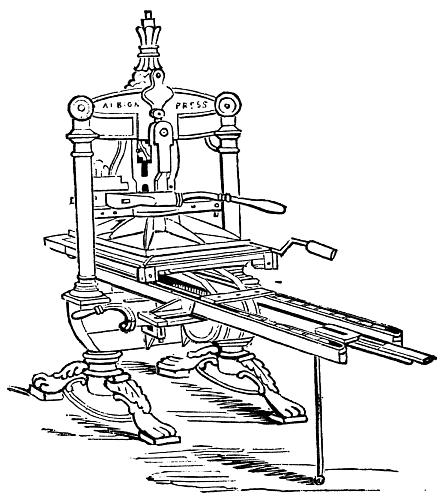
--Peer review is like having comments, except you only have two sets. And peer review can be just as biased and just as designed to take you out or bog you down in despair. In particular, the anonymity of peer review can result in problematic situations in which someone who has a grudge tries to sink your project.
--Who wouldn't want to have a hundred readers in a day (or a thousand) for a single project and several comments on it, within hours? A scholarly book is lucky if it gets four print reviews.
--I've revised and upgraded my thinking far more in the last year (most intense period of four years of blogging) than in the eighteen or so of paper publishing before that. I've also upgraded my writing in that period an equal amount.
--The online environment is not just an alternative to paper. It encapsulates it.
--Books had better figure out what they are about in this new environment. I think a book is a journey you commit to as a reader—you are ready to be taken on a journey of some kind. When you pay for the book, it's a sign of that commitment. With a blog you can check in and out like radio or like a conference.
--Academic essays also have to figure out what they are about. You now have to be extra creative to justify editing a journal in an environment of blog posts. This is not a bad thing. Many journals suffer from record store syndrome: they have to have conservative taste by default, so essays published in them are necessarily slightly behind the curve.
--Books and essays will not disappear, necessarily. But I think the online environment isn't just an alternative to them.
3 comments:
Again: yes, yes, yes, yes, and yes.
now...how to get tenured Luddites to accept blog posts as viable academic research (in other words, how to cite a blog post without being shamed). Also, there will have to be a level of trust involved in academic blog posting. Since posts can be edited and immediately re-published, it means that by the time we cite a post and a professor goes to check it out, the verbiage could change, the argument could have mutated, etc. Two of the coolest things about academic blog posting in my opinion:
1) the social justice aspect. Anyone with access to a computer can actively participate in higher learning.
2) We don't exist in a vacuum anymore. Usually when I write a paper and cite my research, I feel like what I write exists in a vacuum and that the authors I cited exist in their own vacuums; in other words, we're yet to become a ven diagram. The idea that we are "in discourse" is laughable. This is not so with blogging. Academic discourse becomes very active and knowledge evolves in a fast and unrestricted manner.
more disturbing than blogging about it I personally find the immense waste committed by the industry in below area:
http://apple-critic.com/2015/04/07/only-after-the-last-fish-been-caught/
Regards
Post a Comment